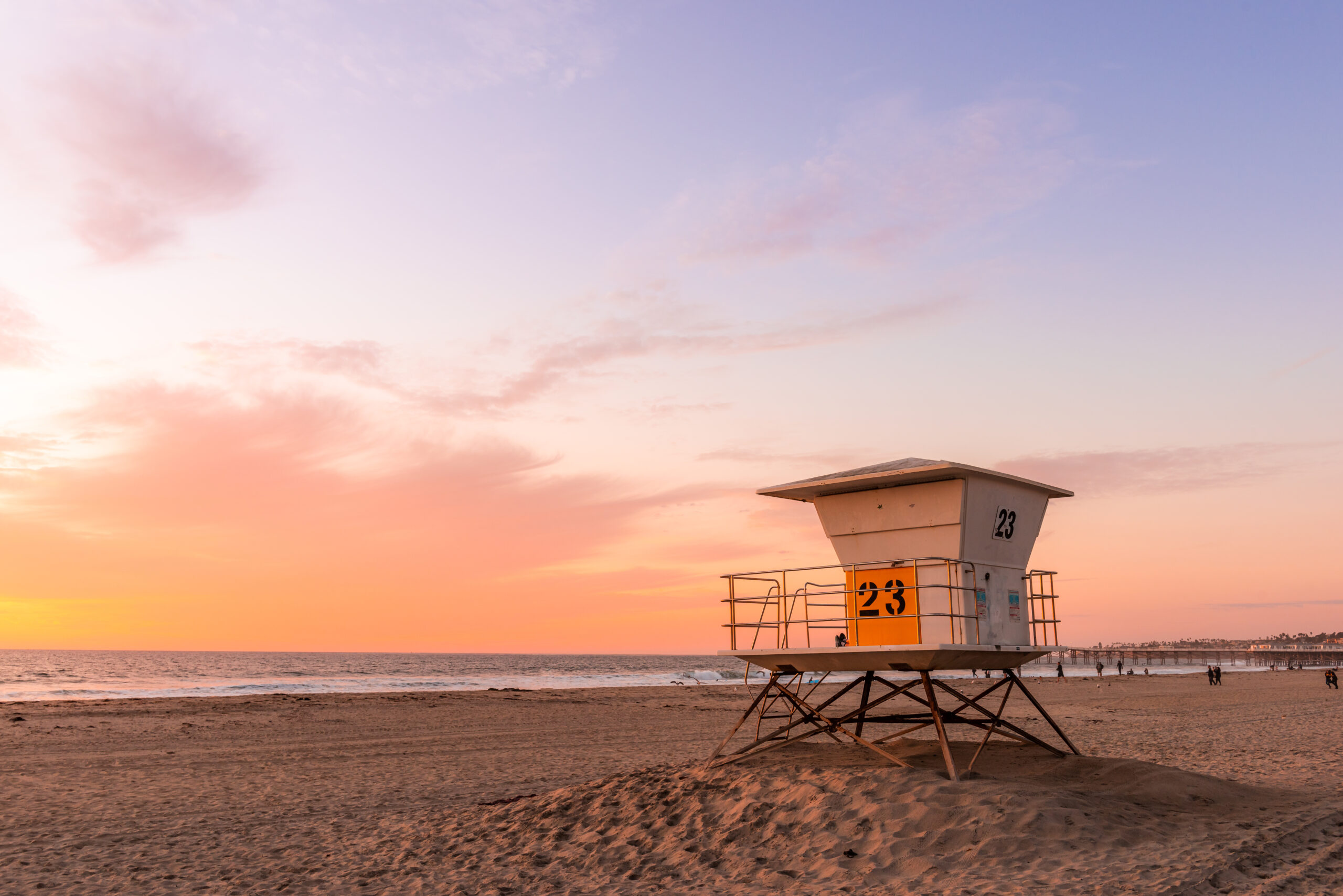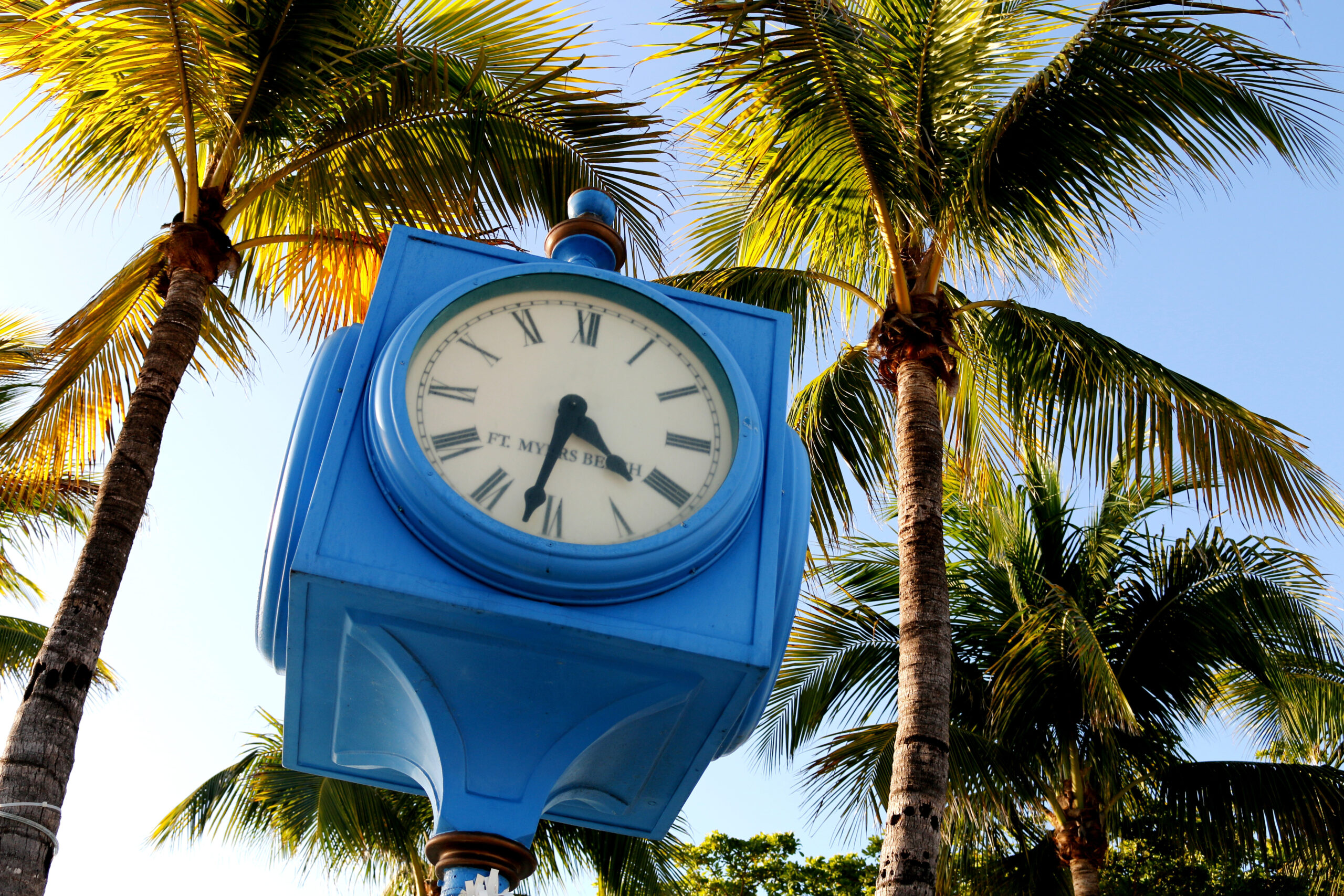Explore our multiple pathways to lasting recovery at our mental health & addiction treatment center in Florida at Calusa Recovery.
Heroin is one of the most dangerous substances, with nearly 15000 overdose deaths in the U.S. in 2020 alone. If you or a loved one is struggling, it’s crucial to seek help immediately. Our rehab for heroin provides evidence-based treatments and a compassionate environment to guide you through every step of recovery.










Physical Signs
Behavioural Sign
If these signs sound familiar, it’s time to explore heroin addiction treatment options
Have more questions?
Contact our admissions team at 866.939.6292
Withdrawal from heroin can be physically and emotionally challenging, but it’s a necessary step toward reclaiming your life. Heroin alters the brain’s chemistry, and when you stop using it, your body needs time to adjust. This adjustment period can be uncomfortable, with symptoms ranging from mild to severe. However, withdrawal is also the first sign that your body is starting to heal, and with the right care, it can be managed safely.
We work with most major insurance carriers to help provide affordable, accessible treatment options to those who need it most. Our admissions coordinators can answer all of your questions. Call for a confidential assessment and insurance verification.






Our treatment programs combine evidence-based therapies, like Cognitive Behavioural Therapy, to help you break free from negative thought patterns that fuel addiction. We also offer Medication-Assisted Treatment to ease withdrawal symptoms and reduce cravings, making the recovery process more manageable. To support your overall well-being, we incorporate holistic care through activities like yoga, mindfulness, and fitness, helping you reconnect with your body and mind.

Choosing the right rehab is one of the most important decisions you’ll make on your recovery journey. At Calusa Recovery, we go beyond standard treatment to offer personalized care that addresses your unique needs and goals. Our focus is on creating a supportive environment where you feel safe, understood, and empowered to heal.
We Provide:
At Calusa Recovery, we believe in your potential to heal, and we are here to walk with you every step of the way.
Have more questions?
Contact our admissions team at 866.939.6292
Our expert admissions coordinators will create a custom plan for you.



Rehab provides a structured environment where individuals receive medical care, counseling, and behavioral therapy to address addiction’s physical, emotional, and psychological aspects, promoting long-term recovery.
Programs like inpatient rehab, outpatient rehab, 12-step programs, and medication-assisted treatment (MAT) are commonly used to treat drug addiction, depending on individual needs and severity.
Upon entering rehab, individuals undergo detoxification, followed by therapy sessions, group support, and life skills training to help them overcome addiction and build a healthier lifestyle.
Naloxone is the primary antidote for heroin overdose. It rapidly reverses the effects of opioids by binding to opioid receptors, restoring normal breathing, and preventing overdose-related deaths.

